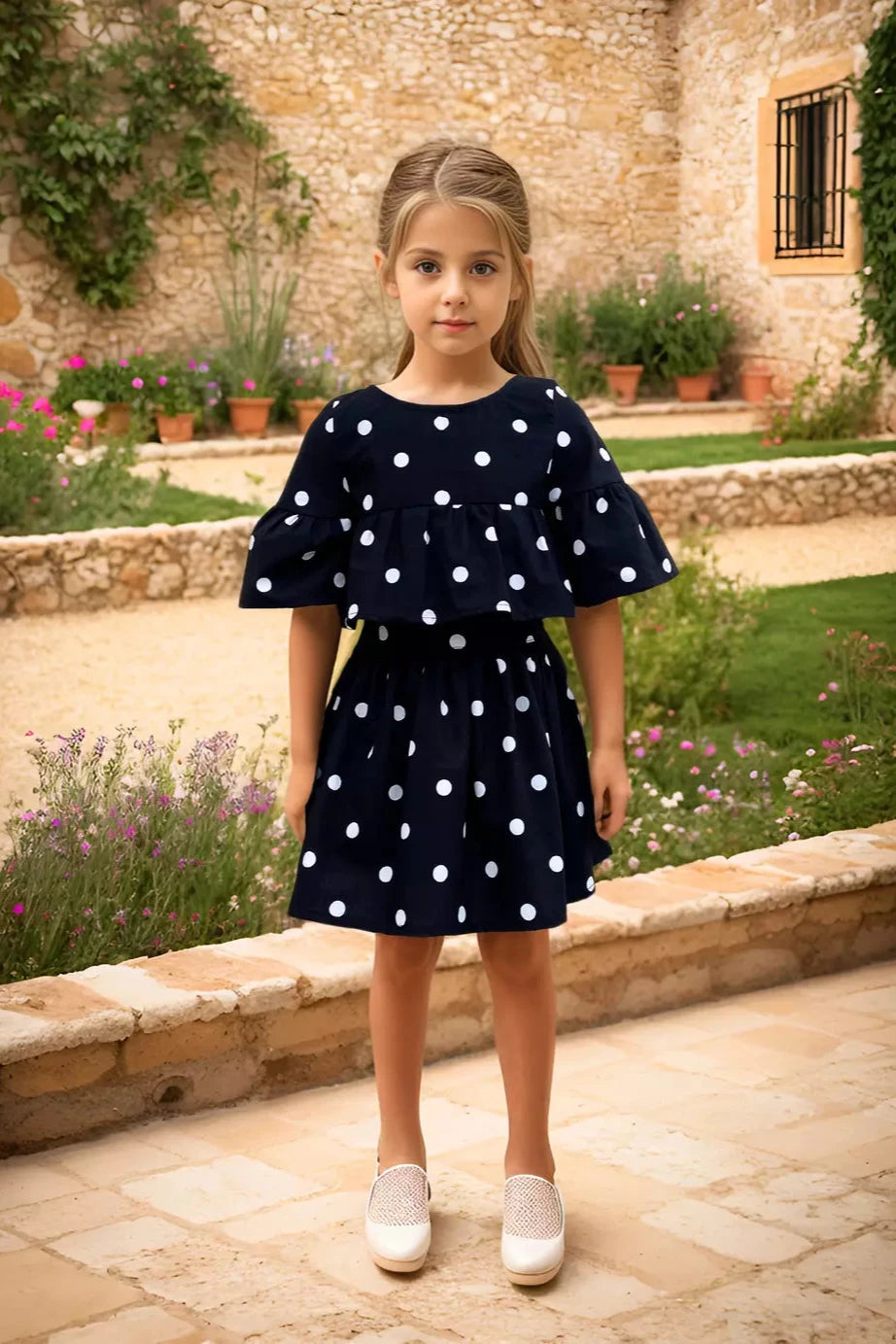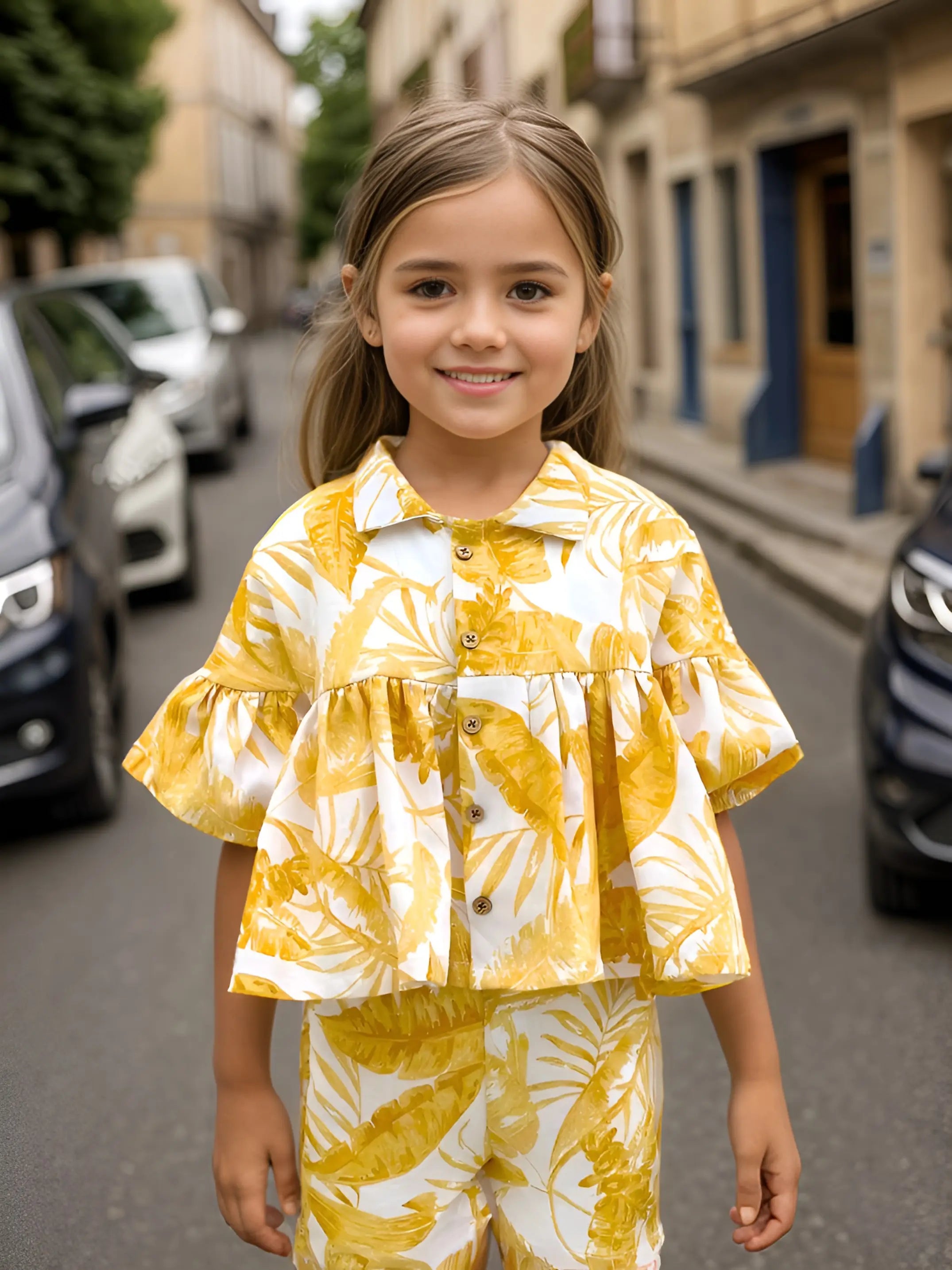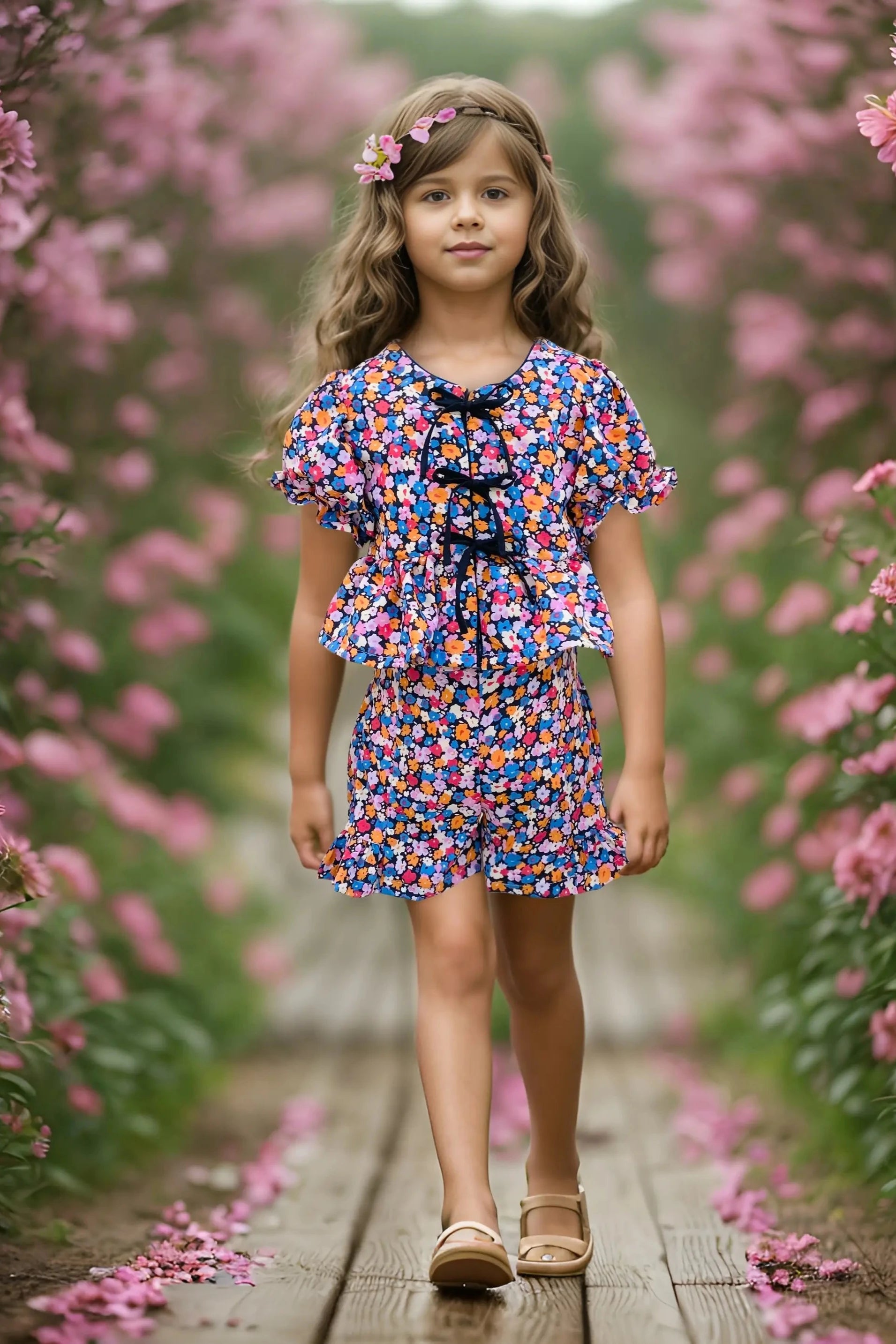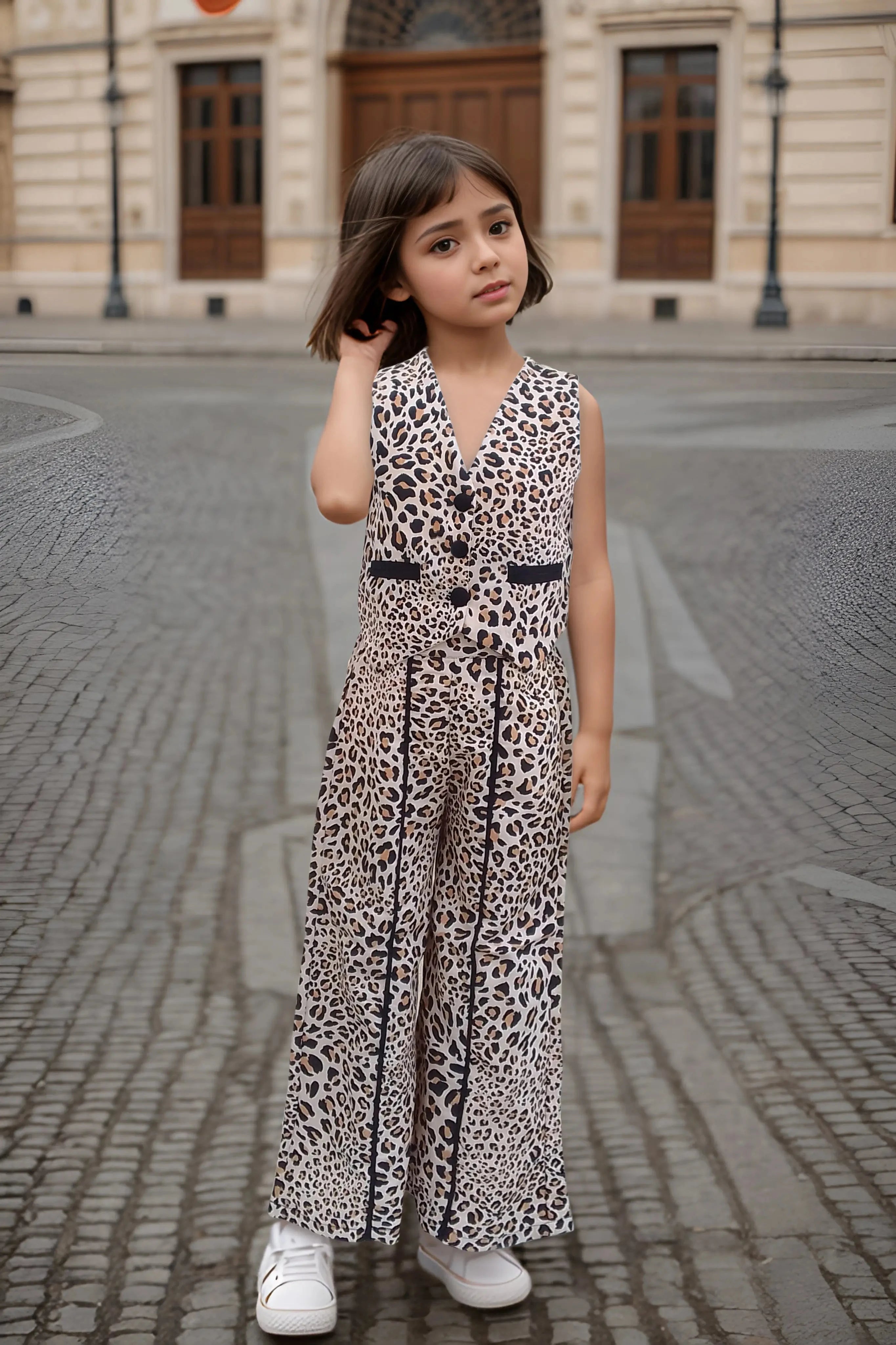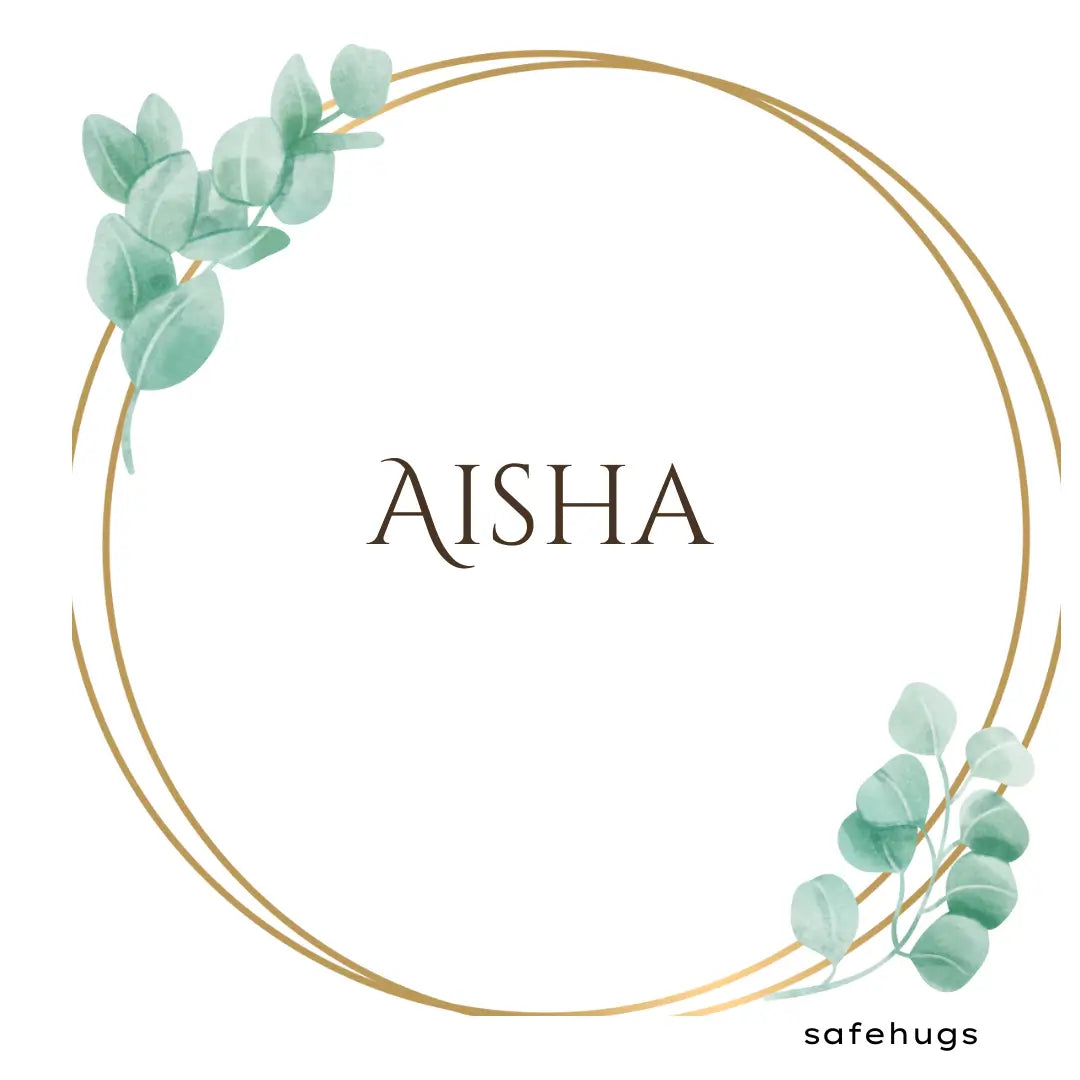Easy essays On Diwali (English & Hindi) for all Grades
Diwali, the Festival of Lights, is one of the most important festivals Hindus celebrate. Children are often asked to write an essay on Diwali in English, helping them learn about its significance and share their special moments of how kids celebrate Diwali. It’s a wonderful way for them to reflect on the joy, traditions, and togetherness that Diwali brings.
Explore Diwali's vibrant spirit through easy essays on Diwali tailored for various grade levels! Our collection offers 200-word small essays on Diwali celebrations for young learners to 600-word big essays on Diwali for advanced students, covering the festival's significance, traditions, and cultural impact.
Table of Contents
- Short essay on Diwali for kids in 120 words (For students under Class 4)
- Story of Diwali
- An essay on Diwali in 200 words (for classes 4 & 5 students
- An Essay on Diwali in 300 words (for classes 6, 7 & 8 students)
- An essay on Diwali in 400 words (for classes 9 & 10 students)
- Big essay on Diwali in 600 words (for classes 11 & 12 students & competitive exams)
- Facts about Diwali to include in you’re essay
- How to celebrate a safe Diwali?
- FAQ's
Diwali is a festival of lights. It is a happy celebration for Hindus that shows how light wins over darkness. This five-day festival remembers Lord Rama’s homecoming to Ayodhya, after defeating the demon king Ravana.
During Diwali, people decorate their homes with small lamps called diyas, candles, and colourful decorations. Families come together to share sweets, give gifts, and pray to Goddess Lakshmi, the goddess of wealth and prosperity.
The best part of Diwali is on the third day when the night sky is filled with bright fireworks. Diwali is a time for happiness, celebration, and being with family. It teaches us that good always wins over evil, and light always shines over darkness.

An essay on Diwali in 200 words (for classes 4 & 5 students)
Diwali, one of the most cherished and widely celebrated festivals in India, is filled with joy and excitement. It is a five-day festival that usually takes place between October and November. It represents the victory of light over darkness. People celebrate by decorating their homes with diyas (oil lamps), candles, and colourful rangoli designs.
The story behind Diwali comes from the ancient epic, the Ramayana. It marks the return of Lord Rama to his kingdom, Ayodhya, after 14 years of exile. During his exile, Rama defeated the demon king Ravana and rescued his wife Sita. When Lord Rama came back, the people of Ayodhya lit diyas to celebrate. This event shows the victory of good over evil.
On Diwali, families clean their homes, wear new clothes, exchange gifts, and share delicious sweets. Many people also worship Goddess Lakshmi, the goddess of wealth and prosperity. They pray for a happy and successful year ahead.
Fireworks are a big part of Diwali, they light up the night sky and add excitement to the Diwali celebration. Diwali is a festival of joy, unity, and love, bringing families and communities together in celebration.

An Essay on Diwali in 300 words (for classes 6, 7 & 8 students)
Diwali – The Festival of Lights
Diwali, also known as Deepavali. It is one of the most important and widely celebrated festivals in India. It is celebrated with immense joy and enthusiasm by people of all ages. It holds deep cultural, spiritual, and social significance. Diwali festival usually falls between October and November. Diwali marks the start of the cooler months. The celebrations last for five days, with each day having unique customs and rituals.
The definition of Diwali is derived from the Sanskrit word "Deepavali." It means "a row of lights," Indicating the victory of light over darkness. People come together to light oil lamps (diyas) and candles, welcoming joy and prosperity during Diwali.
Origin of Diwali
Diwali commemorates Lord Rama's victorious return to Ayodhya after defeating Ravana and rescuing Sita. The people welcomed him by lighting diyas, symbolizing good's triumph over evil. Today, this tradition remains a vibrant part of Diwali celebrations, representing light's enduring victory over darkness.
How Diwali is Celebrated
Diwali is celebrated in many different ways, but some common customs bring everyone together. Before the festival, homes are cleaned, renovated, and beautifully decorated with rangoli designs and lights. On the main day, families wear new clothes and come together for special prayers (puja). They pray to Goddess Lakshmi, the goddess of wealth and prosperity. They seek her blessings for a successful year ahead.
Exchanging gifts and sharing sweets with family and friends is another important part of the festival. People light diyas, candles, and electric lights to brighten their homes. Firecrackers are set off to show the joy of the occasion.
Significance of Diwali
Diwali is more than just a festival of lights and fireworks. It carries deep spiritual meaning, representing the victory of knowledge over ignorance, hope over despair, and righteousness over evil. It brings people closer, spreading happiness, peace, and love. Families come together to celebrate and create lasting memories, making Diwali a truly special occasion.
Join Mom Insider, our exclusive WhatsApp community for moms in India! Connect with like-minded moms, get parenting tips, expert advice. Don't miss out, join today!
An essay on Diwali in 400 words (for classes 9 & 10 students)
Diwali – The Festival of Lights
Diwali, also known as Deepavali, is one of the most important and widely celebrated festivals in India. It is observed with great enthusiasm and joy by people of all ages and communities. Diwali usually falls between October and November, marking the beginning of cooler weather. It is a five-day festival. It depicts the victory of good over evil, light over darkness, and knowledge over ignorance.
The Significance of Diwali
The word "Diwali" comes from the Sanskrit term "Deepavali," meaning "a row of lights." The festival is deeply rooted in Hindu mythology, particularly in the Ramayana. It celebrates Lord Rama's return to his kingdom, Ayodhya, after 14 years in exile. It also marks his victory over the demon king Ravana. To celebrate his return, the people of Ayodhya lit oil lamps (diyas) to light up the city. This act symbolised the victory of good over evil.
Diwali also has significance in other traditions. In some areas, it celebrates the return of the Pandavas from exile, as mentioned in the Mahabharata. In other places, people worship Goddess Lakshmi, the goddess of wealth and prosperity. Diwali also coincides with the harvest season, making it a time of abundance and new beginnings.
Diwali Celebrations
Diwali is celebrated over five days, each with its customs and rituals. The first day, Dhanteras, is considered an auspicious day to buy gold or new items for the home. The second day, Choti Diwali, involves the cleaning and decorating of homes with rangoli designs and lighting lamps. The third day is the main festival, Diwali. Families come together to worship Goddess Lakshmi. They exchange gifts and share sweets. They also light up their homes with diyas, candles, and lights. Fireworks add to the excitement, illuminating the night sky.
The fourth day is Govardhan Puja. It is dedicated to the worship of Lord Krishna. The fifth day is Bhai Dooj, which celebrates the bond between brothers and sisters.
Spirit of Deepavali
Deepavali is not just about lights and fireworks; it carries a deeper meaning of inner light and spiritual growth. It reminds people to let go of negativity and embrace positivity, kindness, and wisdom. Diwali also fosters unity, as families and communities come together to celebrate, share meals, and create lasting memories.
In conclusion, Diwali is a festival that represents hope, renewal, and the victory of light over darkness. It’s a time for reflection, joy, and togetherness, bringing people closer and filling their hearts with warmth and happiness.
An essay on Diwali in 400 words (for classes 9 & 10 students)
Diwali – The Festival of Lights
Diwali, also known as Deepavali, is one of the most important and widely celebrated festivals in India. It is observed with great enthusiasm and joy by people of all ages and communities. Diwali usually falls between October and November, marking the beginning of cooler weather. It is a five-day festival. It depicts the victory of good over evil, light over darkness, and knowledge over ignorance.
The Significance of Diwali
The word "Diwali" comes from the Sanskrit term "Deepavali," meaning "a row of lights." The festival is deeply rooted in Hindu mythology, particularly in the Ramayana. It celebrates Lord Rama's return to his kingdom, Ayodhya, after 14 years in exile. It also marks his victory over the demon king Ravana. To celebrate his return, the people of Ayodhya lit oil lamps (diyas) to light up the city. This act symbolised the victory of good over evil.
Diwali also has significance in other traditions. In some areas, it celebrates the return of the Pandavas from exile, as mentioned in the Mahabharata. In other places, people worship Goddess Lakshmi, the goddess of wealth and prosperity. Diwali also coincides with the harvest season, making it a time of abundance and new beginnings.
Diwali Celebrations
Diwali is celebrated over five days, each with its customs and rituals. The first day, Dhanteras, is considered an auspicious day to buy gold or new items for the home. The second day, Choti Diwali, involves the cleaning and decorating of homes with rangoli designs and lighting lamps. The third day is the main festival, Diwali. Families come together to worship Goddess Lakshmi. They exchange gifts and share sweets. They also light up their homes with diyas, candles, and lights. Fireworks add to the excitement, illuminating the night sky.
The fourth day is Govardhan Puja. It is dedicated to the worship of Lord Krishna. The fifth day is Bhai Dooj, which celebrates the bond between brothers and sisters.
Spirit of Deepavali
Deepavali is not just about lights and fireworks; it carries a deeper meaning of inner light and spiritual growth. It reminds people to let go of negativity and embrace positivity, kindness, and wisdom. Diwali also fosters unity, as families and communities come together to celebrate, share meals, and create lasting memories.
In conclusion, Diwali is a festival that represents hope, renewal, and the victory of light over darkness. It’s a time for reflection, joy, and togetherness, bringing people closer and filling their hearts with warmth and happiness.
Big essay on Diwali in 600 words (for classes 11 & 12 students, and competitive exams)
Diwali, also known as Deepawali, is an important festival in India. It is celebrated by Hindu communities worldwide. Known as the Festival of Lights, it is celebrated with vibrant enthusiasm and profound cultural significance. This joyous occasion typically falls between October and November, spanning five days filled with various rituals and traditions. Deepawali represents the victory of light over darkness, good over evil, and knowledge over ignorance. It reflects important spiritual and moral lessons that connect with people of all ages and backgrounds.
The Deepawali festival fosters a sense of community and connection. It encourages families and friends to come together and celebrate the values of hope, joy, and unity.
Historical and Mythological Significance
The origins of Deepavali can be traced back to various ancient myths and historical events. Lord Rama, his wife Sita, and his brother Lakshmana returned to their kingdom, Ayodhya. This event is an important part of the Ramayana. They came back after 14 years of exile. During their exile, Rama defeated the demon king Ravana, who had kidnapped Sita. The people of Ayodhya celebrated Lord Rama's homecoming. They lit diyas throughout the city, symbolising the triumph of good over evil. Hence lighting lamps has become a significant ritual during Diwali, representing hope, enlightenment, and prosperity.
In addition to the Ramayana, Diwali is also linked to the Mahabharata. It marks the return of the Pandavas to their kingdom after years of exile. In some regions, Diwali is associated with the worship of Goddess Lakshmi, who represents wealth, prosperity, and abundance. According to mythology, Lakshmi emerged from the ocean during the churning of the seas (Samudra Manthan). She chose to visit the homes that were clean and well-lit. Hence, the practice of cleaning and decorating homes during Diwali.
The Five Days of Diwali
Diwali celebrations last for five days, with each day having its significance and rituals.
- Dhanteras: The first day, Dhanteras, is dedicated to wealth and prosperity. People clean their homes, purchase new utensils, and gold, or silver items, and perform prayers to Lord Dhanvantari, the god of health. It is considered auspicious to start new ventures on this day.
- Choti Diwali: The second day, often referred to as Choti Diwali. It commemorates Lord Krishna’s victory over the demon Narakasura. This day is marked by early morning rituals, including a holy bath, and the decoration of homes with lights and diyas.
- Diwali (Lakshmi Puja): The third day is the main celebration of Diwali, dedicated to the worship of Goddess Lakshmi. Families perform elaborate pujas, and light diyas, exchange gifts, and share sweets. Fireworks light up the sky, and homes are illuminated with decorations. This day symbolizes joy, prosperity, and the victory of light over darkness.
- Govardhan Puja: The fourth day, Govardhan Puja. It honours Lord Krishna and his lifting of the Govardhan Hill to protect villagers from heavy rains. Families prepare a mound of food (Annakut) and offer it to Krishna. This day emphasizes gratitude for nature's bounties.
- Bhai Dooj: The fifth day, Bhai Dooj, celebrates the bond between brothers and sisters. Sisters pray for their brother's well-being, while brothers express their love and gratitude through gifts and promises of protection.
Cultural and Social Significance
Diwali transcends religious boundaries. People from different cultures and religions in India celebrate it. This includes Jains and Sikhs, who have their special ways of understanding the festival. It fosters a sense of community, encouraging people to come together, share joy, and strengthen bonds. The festival also highlights compassion, charity, and forgiveness, as many engage in acts of kindness during this time.
Environmental Concerns and Modern Celebrations
While Diwali is a time of joy and celebration. However, it has also raised environmental concerns. This is mainly because firecrackers cause air and noise pollution. Many communities and individuals are now advocating to celebrate greener Diwali by promoting eco-friendly celebrations. This can be achieved by lighting up diyas to celebrate the Diwali festival. This minimizes the use of firecrackers, and use of plant-based decorations.
Conclusion
In conclusion, Diwali is not just a festival of lights but a celebration of life, love, and unity. It embodies the eternal values of goodness, righteousness, and the importance of community. As people come together to celebrate Diwali, they honour their traditions. They also think about the deeper meanings of the festival. This reinforces the idea that light will always win over darkness. This lovely festival reminds us of the power of hope, joy, and togetherness. These feelings are essential for a happy society. Diwali has a rich history and cultural importance. It inspires many generations and brings people together in celebration and goodwill.
Celebrate a safe Diwali by choosing comfortable and festive clothing for your kids from Safehugs. Their high-quality outfits ensure your little ones enjoy the celebrations in style and comfort!
Facts about Diwali to include in you’re essay
- Diwali is a significant religious festival that has its roots in India. While many people associate Diwali primarily with Hinduism, it is also celebrated by Sikhs and Jains.
- Diwali is also celebrated in various countries worldwide, including Sri Lanka, Pakistan, Indonesia, Fiji, Thailand, Mauritius, Australia, England, and Canada.
- The town of Sivakasi in South India, is recognised as the country's largest fireworks supplier. It accounts for approximately 90% of India’s well-known fireworks.
- Diwali is also considered a celebration of the Hindu goddess of wealth, Lakshmi. The lights and lamps are believed to guide Lakshmi into people's homes, ushering in prosperity for the upcoming year!
- In Bengal, people honour the goddess Kali, who is known as the destroyer of evil forces, during Diwali. Meanwhile, in Nepal, the festival commemorates Lord Krishna's triumph over the evil king Narakaasura.
Read more facts about Diwali
How to celebrate a safe Diwali
- Eco-Friendly Fireworks: Use environment-friendly fireworks or prefer diyas (earthen lamps) to celebrate pollution-free Diwali.
- Practice Fire Safety: Light fireworks in open areas, away from flammable materials. keep water or a fire extinguisher nearby to put out fire.
- Supervise Children: Always supervise children when they handle fireworks or diyas to ensure their safety.
- Safe Decorations: Choose fire-resistant materials for decorations and use LED lights to minimize fire risk.
- Limit Noise Levels: Be aware of noise by using fewer loud fireworks. This helps create a peaceful environment for everyone.
Safehugs is wishing you a joyful and prosperous Diwali! May this Festival of Lights fill your home with happiness, illuminate your heart with love, and bring you closer to your loved ones. Enjoy the festivities, cherish the moments, and may the year ahead be filled with health and success. Happy Diwali!
Click here to explore more heartfelt wishes for Diwali 2024 and make this Festival of Lights even brighter for your loved ones!
Click here to get Diwali Captions for Instagram
FAQ'S
Why is it called Diwali?
Diwali is derived from the Sanskrit word "Deepavali,” which means "a row of lights." It symbolises the victory of light over darkness and good over evil.
What is Diwali for Class 2?
Diwali is known as the "Festival of Lights." It is a joyful celebration where families light lamps, share sweets, and pray for happiness and prosperity.
How to write an essay on Diwali?
To write an essay on Diwali, begin with an introduction. Explain why Diwali is important. Describe the customs and celebrations. Share the stories behind the festival. Finally, conclude by discussing how it brings people together.
What is the story behind Diwali?
Diwali celebrates Lord Rama's return to Ayodhya after defeating Ravana. It symbolises the victory of good over evil, and light over darkness.
Why celebrate Diwali?
Diwali is celebrated to honour the victory of good over evil and light over darkness. It also marks Lord Rama's return to Ayodhya and brings joy, prosperity, and unity.









